Product Name: Aluminum Forging
Product Type: Metal Forging
Material: Aluminum
Shape: Customized
Surface Treatment: Anodizing, Powder Coating, Spray Painting, Polishing
Production Process: Die Casting, Press Forging
Advantages:
1. High strength-to-weight ratio
2. Superior mechanical properties
3. Enhanced resistance to fatigue and wear
4. Tight dimensional tolerances
5. Cost-effective production
| Color | Silver |
|---|---|
| Material | Aluminum |
| MOQ | 1 Pcs |
| Sample | Available |
| Place of Origin | China |
Product Details
MINGYU Tech is a full-service aluminum 2219 forging company offering a wide range of capabilities to a variety of industries. Our extensive knowledge, expertise and modern facilities enable us to produce forgings in various sizes, from small components to large structural components. We have a team of highly skilled technicians and engineers who work closely with our customers to provide tailor-made solutions for their specific needs. Our unwavering commitment to quality and on-time delivery has earned us a strong reputation in the forging industry.
The process of aluminum 2219 forging involves heating aluminum billets to a specific temperature and then using a high-pressure press to shape the metal into the desired form. The heat and pressure rearrange the molecular structure of the aluminum, making it stronger and more resistant to wear and tear. The result is a product with superior strength, ductility, and fatigue resistance compared to other manufacturing methods.
One of the main advantages of aluminum 2219 forging is its ability to produce parts with complex shapes and precise dimensions. This makes it an ideal method for creating lightweight yet strong components for applications that require tight tolerances and high-performance standards. aluminum 2219 forging is also known for its cost-effectiveness. As the process does not require multiple steps or extensive machining, it reduces the overall production time and minimizes material waste. Additionally, the high strength-to-weight ratio of aluminum allows for the production of lightweight products, which can lead to reduced fuel consumption and CO2 emissions in industries such as automotive manufacturing.
| Place of Origin | China |
| Material | Metal Aluminium Steel Copper Brass |
| Process | Forging+machining+HT+finish Machining |
| Surface treatment | Polishing |
| Application | Machinery Parts |
| Product name | aluminum 2219 forging |
| Certificate | TS16949/ISO9001 |
| Color | Customized Color |
| Quality Control | 100% Inspection |
| Lead Time | 15-35 Days |
| MOQ | 1 Piece |
| Supply Ability | 195017 Piece/Pieces per Month |
| Quantity (pieces) | > 411 |
| Lead time (days) | To be negotiated |
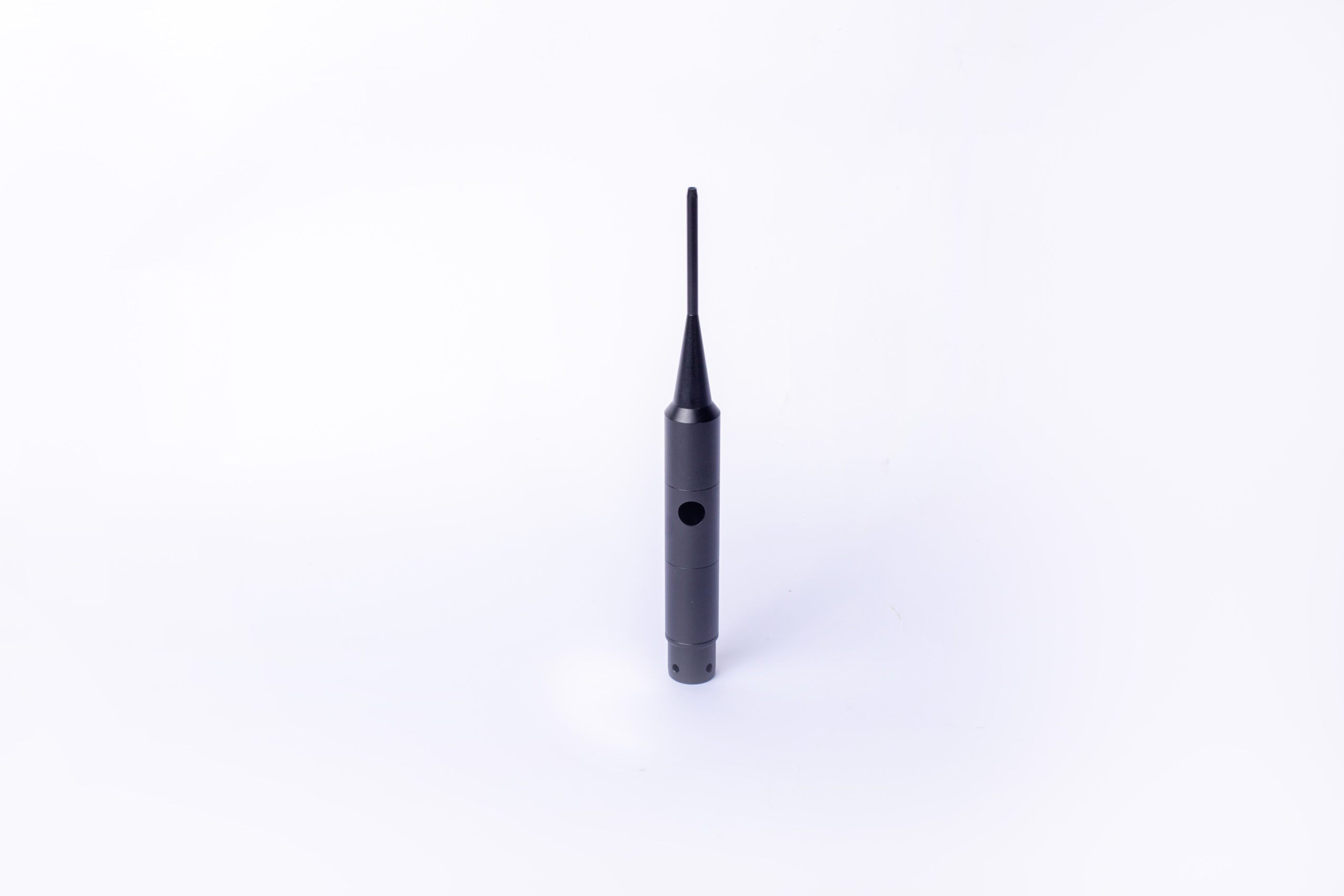
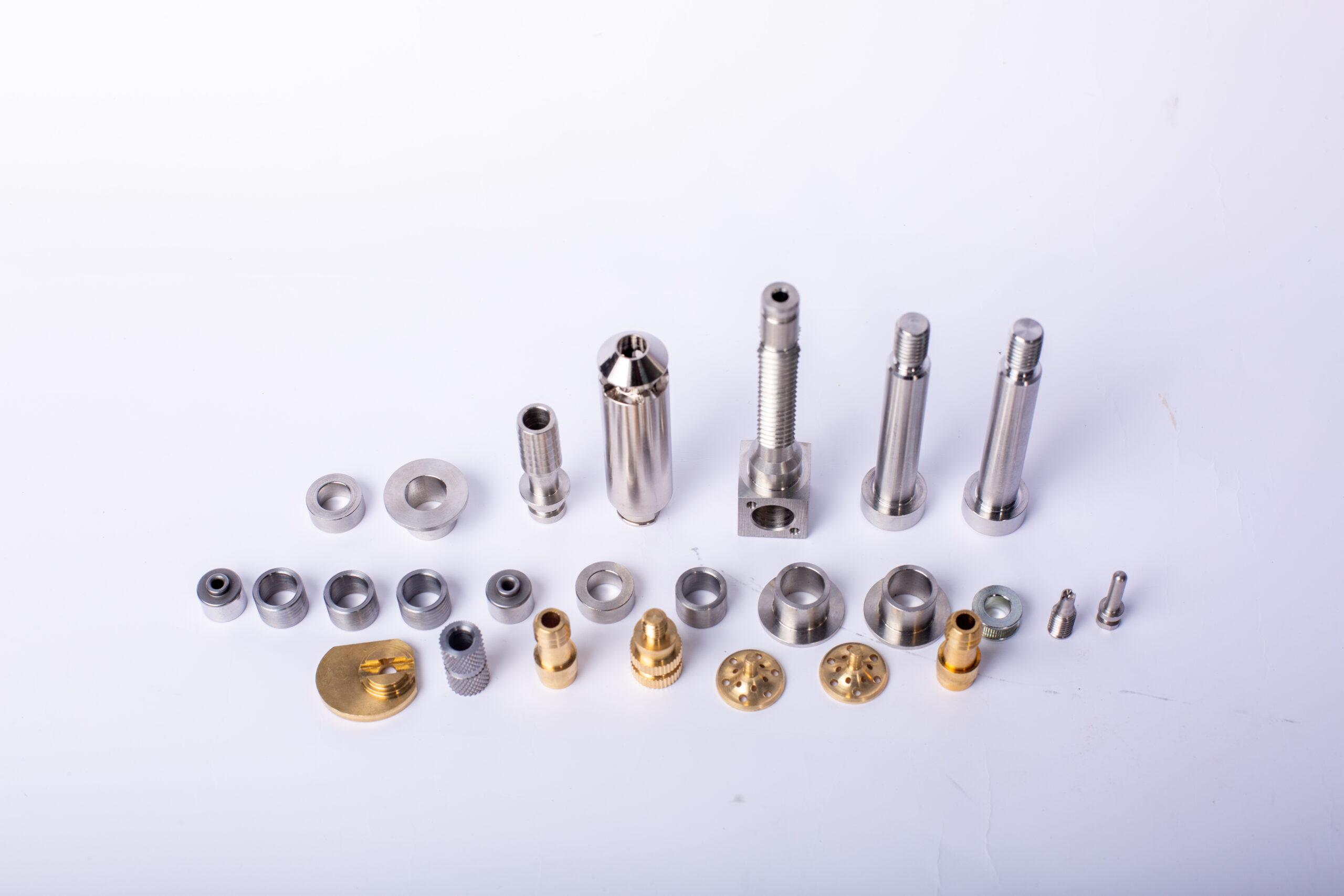
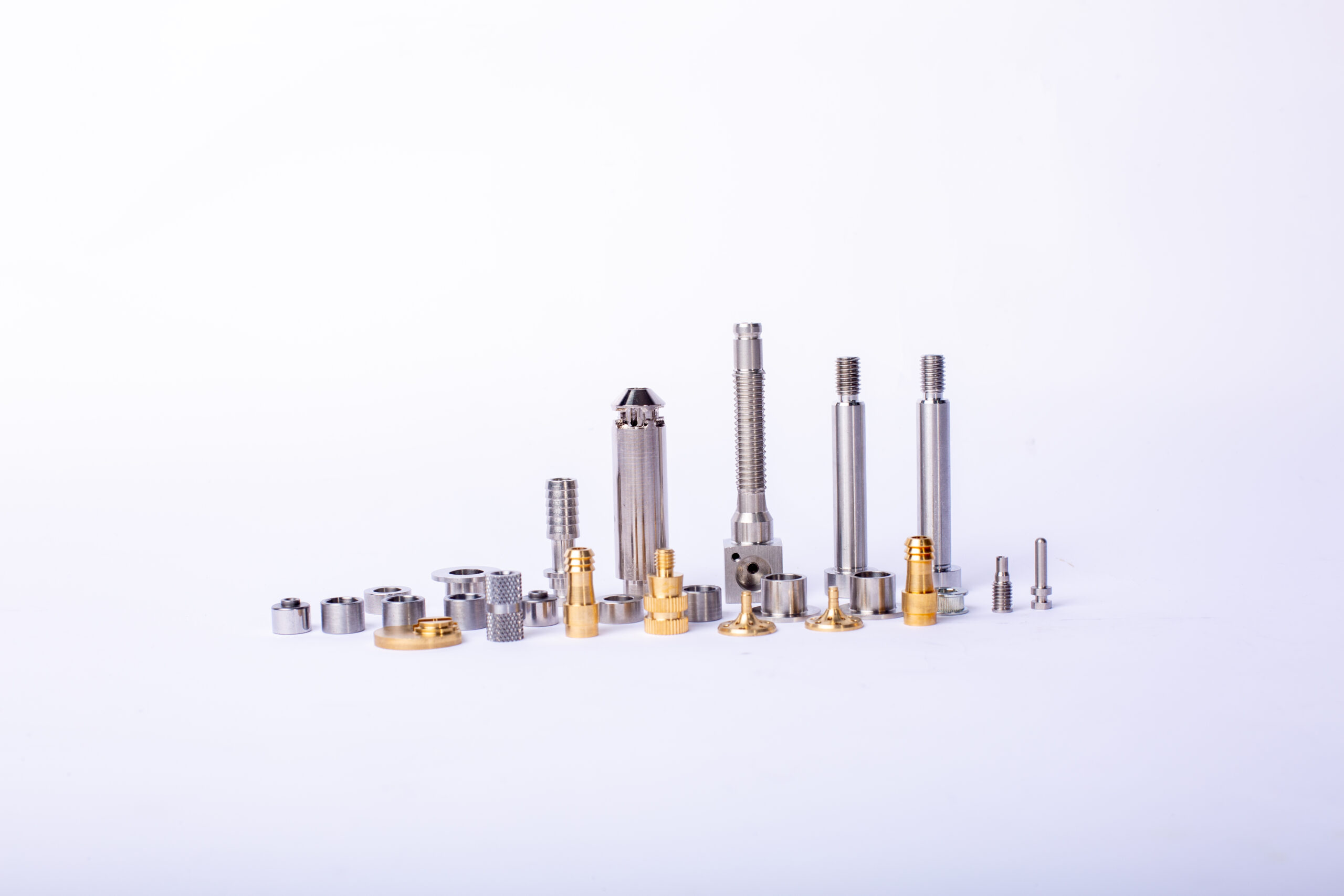
aluminum 2219 forging FAQs Guide.
Our company is dedicated to providing high-quality aluminum 2219 forging products to meet the needs of various industries. With advanced technology and skilled craftsmanship, we have become a leading manufacturer in the field of aluminum 2219 forging. Our products are widely used in aerospace, automotive, and construction industries, just to name a few. We take great pride in our products as they are not only durable and reliable, but also lightweight and eco-friendly. Through this introduction, we hope to showcase the versatility and excellence of our aluminum 2219 forging products. Thank you for choosing us as your trusted provider of top-notch aluminum 2219 forging products.
1.What level of precision can be achieved in aluminum 2219 forgings?
The level of precision that can be achieved in aluminum forgings depends on the type of forging process used and the quality of the raw material. Generally, aluminum forgings can achieve tolerances of up to +/- 0.005 inches (0.127 mm). However, some processes can achieve even higher levels of precision, such as die forging, which can achieve tolerances of up to +/- 0.001 inches (0.025 mm).
2.What are the key differences between open die and closed die aluminum 2219 forging?
We continuously upgrade our skills and knowledge to adapt to changing aluminum 2219 forging market needs.
Open die forging is a process in which a hammer or press is used to shape a piece of metal between two flat dies without completely enclosing it. This process is used to create large, custom-shaped parts. Closed die forging is a process in which a hammer or press is used to shape a piece of metal between two dies that completely enclose the metal. This process is used to create smaller, more precise parts with tighter tolerances.

3.What techniques are used in aluminum 2219 forging?
We actively participate in the aluminum 2219 forging industry associations and organization activities. The corporate social responsibility performed well, and the focus of brand building and promotion
1. Closed Die Forging: This is a process in which a pre-shaped die is used to shape the aluminum into the desired shape.
2. Open Die Forging: This is a process in which the aluminum is placed between two dies and then hammered or pressed into the desired shape.
3. Roll Forging: This is a process in which the aluminum is rolled between two dies to form the desired shape.
4. Hammer Forging: This is a process in which the aluminum is placed between two dies and then hammered into the desired shape.
5. Extrusion Forging: This is a process in which the aluminum is forced through a die to form the desired shape.
6. Upset Forging: This is a process in which the aluminum is placed between two dies and then hammered or pressed into the desired shape.
4.About aluminum 2219 forging patent
Aluminum forging patents are patents that cover the process of forging aluminum into a desired shape. This process involves heating the aluminum to a high temperature and then using a hammer or press to shape it into the desired shape. The process of aluminum forging is used to create parts for a variety of industries, including automotive, aerospace, and medical. Patents related to aluminum forging cover the process of forging, the tools used, and the materials used.
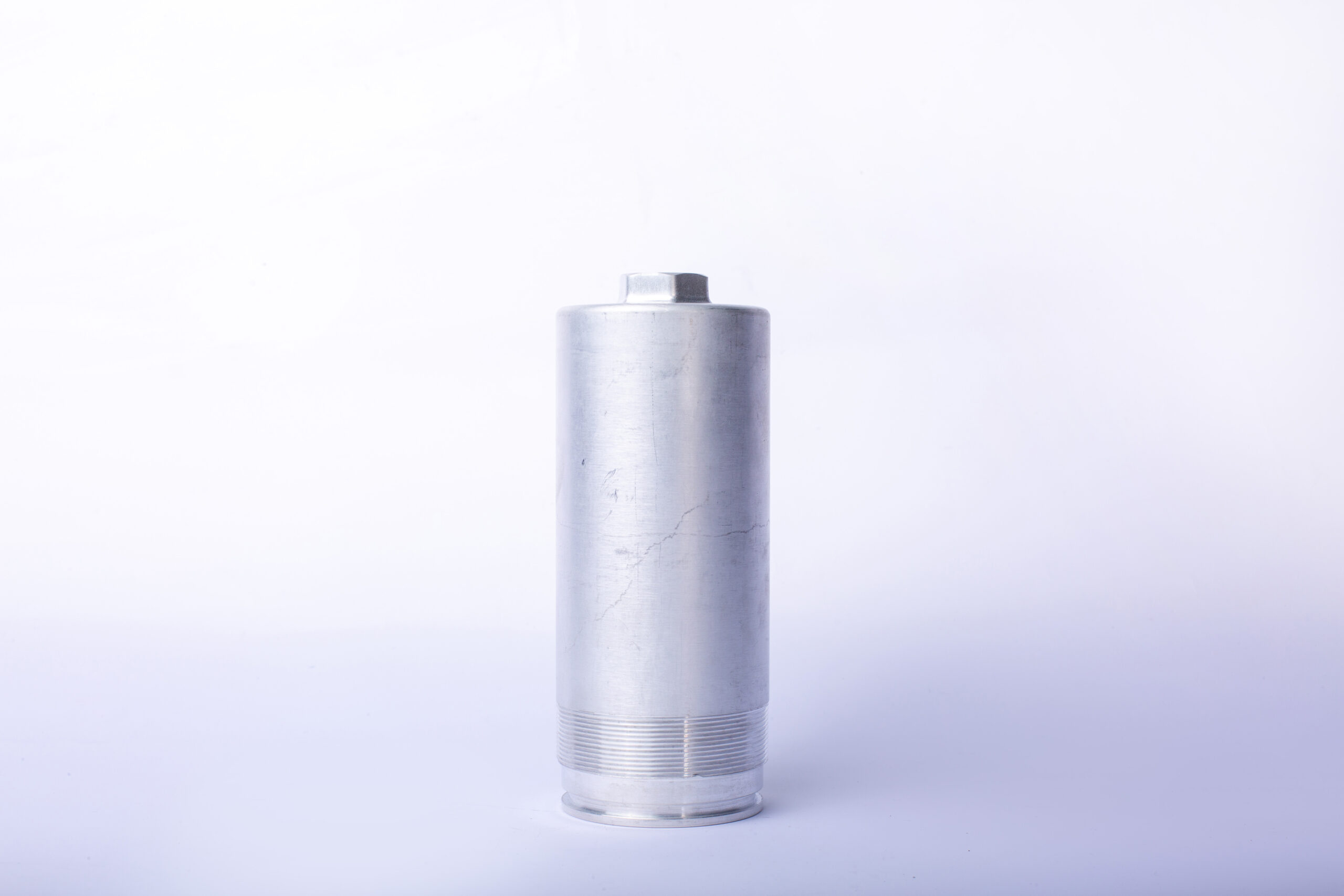
5.Are there any differences in the mechanical properties of forged and cast aluminum?
We pay attention to the transformation of intellectual property protection and innovation achievements. Your OEM or ODM order design we have a complete confidentiality system.
Yes, there are differences in the mechanical properties of forged and cast aluminum. Forged aluminum is typically stronger and more ductile than cast aluminum, due to the forging process which increases the grain size and improves the mechanical properties. Forged aluminum also has a higher yield strength and tensile strength than cast aluminum. Cast aluminum is typically softer and more brittle than forged aluminum, and has a lower yield strength and tensile strength.
6.How durable are aluminum 2219 forgings compared to other metal parts?
We have established long-term and stable partnerships with our suppliers, so we have great advantages in price and cost and quality assurance.
Aluminum forgings are generally more durable than other metal parts due to their increased strength and resistance to corrosion. Aluminum forgings are also lighter in weight than other metals, making them ideal for applications where weight is a factor. Additionally, aluminum forgings are more resistant to fatigue and wear than other metals, making them a great choice for parts that need to withstand high levels of stress and strain.
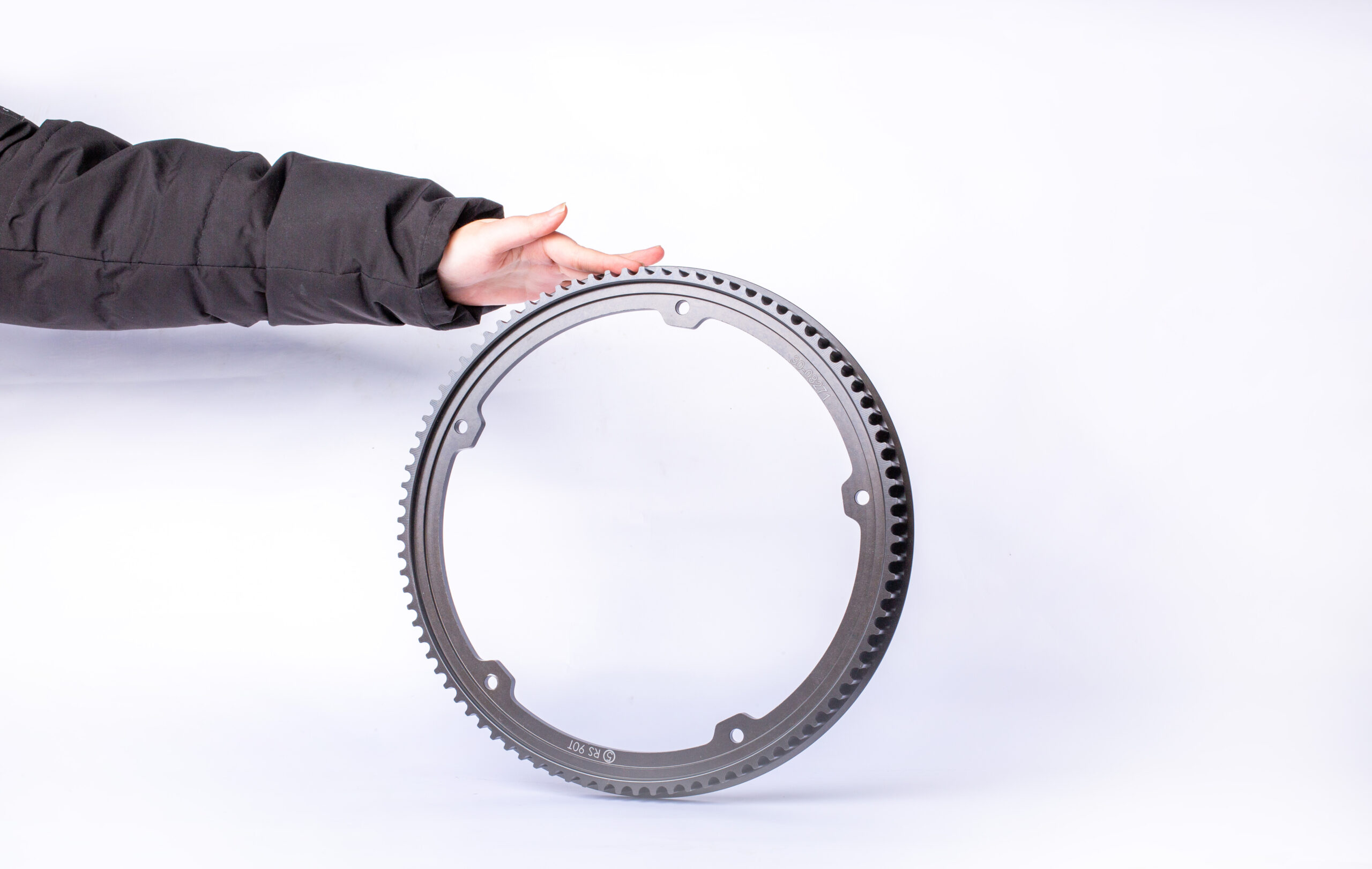
7.About aluminum 2219 forging production capacity
Aluminum forging production capacity is determined by the size and complexity of the parts being produced, the type of forging process used, and the number of machines available. Generally, the larger the part, the more machines and time are required to produce it. The complexity of the part also affects the production capacity, as more complex parts require more time and machines to produce. Additionally, the type of forging process used can affect the production capacity, as some processes are more efficient than others.
8.About aluminum 2219 forging R&D capabilities
Aluminum forging R&D capabilities are highly advanced and have been developed over many years. Companies that specialize in aluminum forging have invested heavily in research and development to create new and improved processes and products. This has enabled them to produce high-quality aluminum components that are lighter, stronger, and more cost-effective than ever before. Aluminum forging R&D capabilities include the development of new alloys, improved forging techniques, and the use of advanced computer-aided design and manufacturing (CAD/CAM) systems. These capabilities have enabled aluminum forging companies to produce components that meet the highest standards of quality and performance.
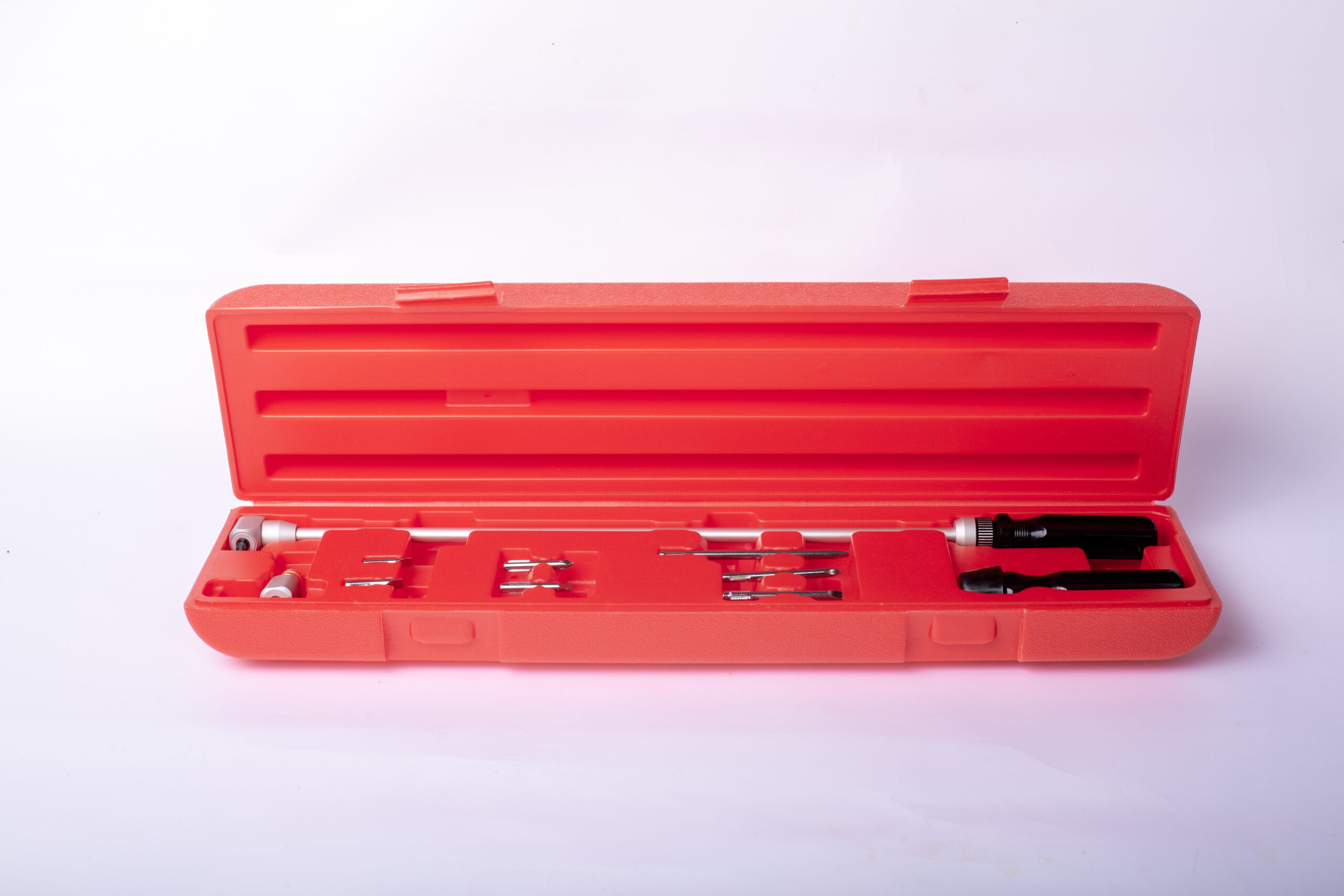
9.About the scale of aluminum 2219 forging factory
The size of an aluminum forging factory depends on the type of products it produces and the size of the orders it receives. Some aluminum forging factories may be small, producing only a few parts at a time, while others may be large, producing thousands of parts per day. The size of the factory also depends on the type of equipment used, the number of employees, and the amount of space available.
10.Can aluminum 2219 forgings be used in corrosive environments?
Yes, aluminum forgings can be used in corrosive environments. Aluminum is a naturally corrosion-resistant material, and when it is forged, it becomes even more resistant to corrosion. Aluminum forgings can be treated with a variety of coatings to further protect them from corrosion.
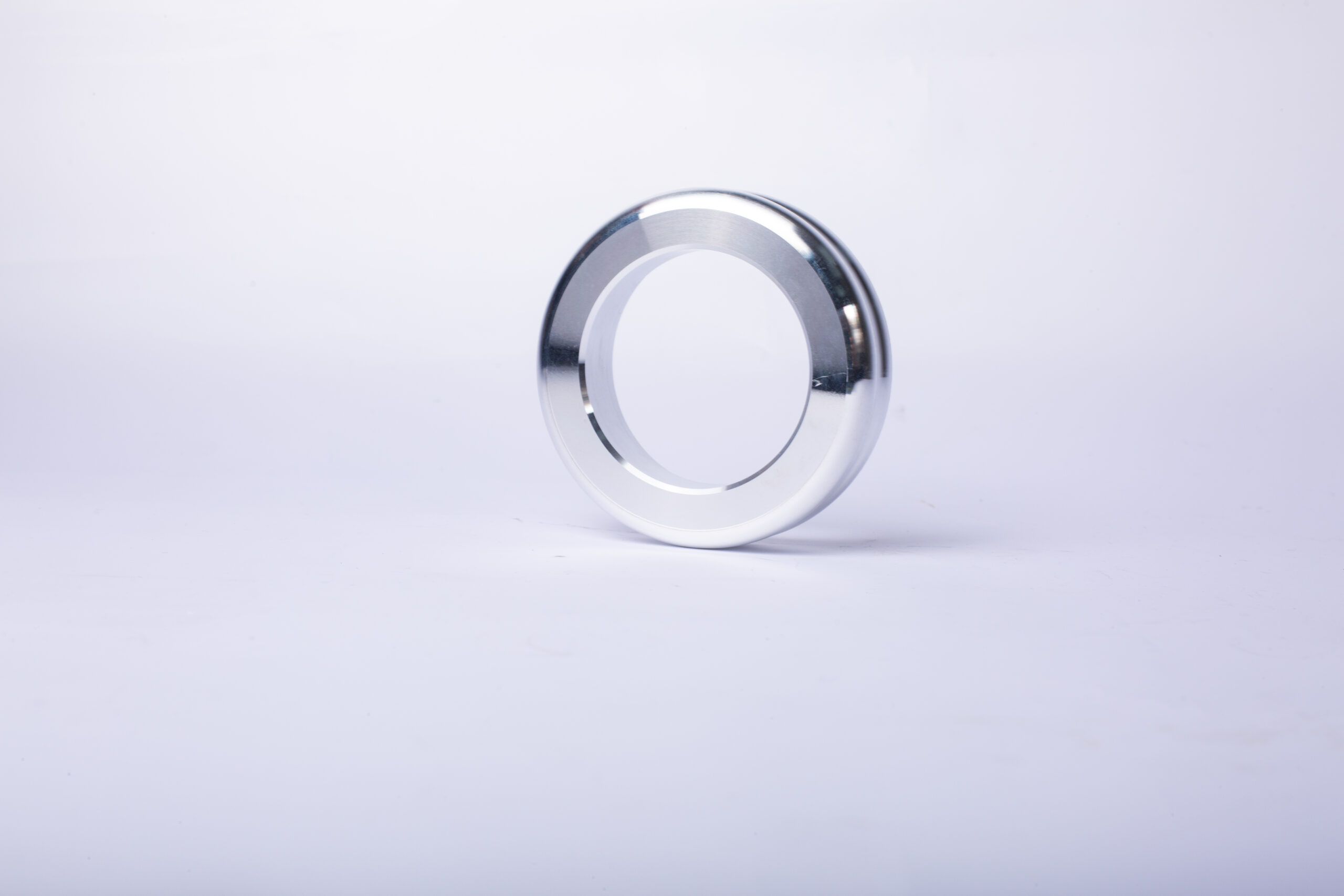
11.How does heat treatment affect the strength and durability of aluminum 2219 forgings?
We maintain a certain amount of R&D investment every year and continuously improve operational efficiency to provide better services to our cooperative customers.
Heat treatment can significantly improve the strength and durability of aluminum forgings. Heat treatment can increase the strength of aluminum by increasing the hardness of the material, which can help to reduce wear and tear. Heat treatment can also improve the fatigue strength of aluminum, which can help to increase the life of the part. Heat treatment can also improve the corrosion resistance of aluminum, which can help to increase the durability of the part.
12.What are the properties of aluminum that make it suitable for forging?
We have the leading technology and innovation capabilities, and attach importance to employee training and development, and provide promotion opportunities.
1. Aluminum is lightweight and strong, making it ideal for forging.
2. Aluminum has a low melting point, making it easy to shape and form.
3. Aluminum is corrosion-resistant, making it suitable for outdoor applications.
4. Aluminum is malleable and ductile, making it easy to work with.
5. Aluminum is a good conductor of heat and electricity, making it suitable for electrical components.
6. Aluminum is non-magnetic, making it suitable for use in sensitive electronic equipment.
7. Aluminum is relatively inexpensive, making it a cost-effective choice for many applications.
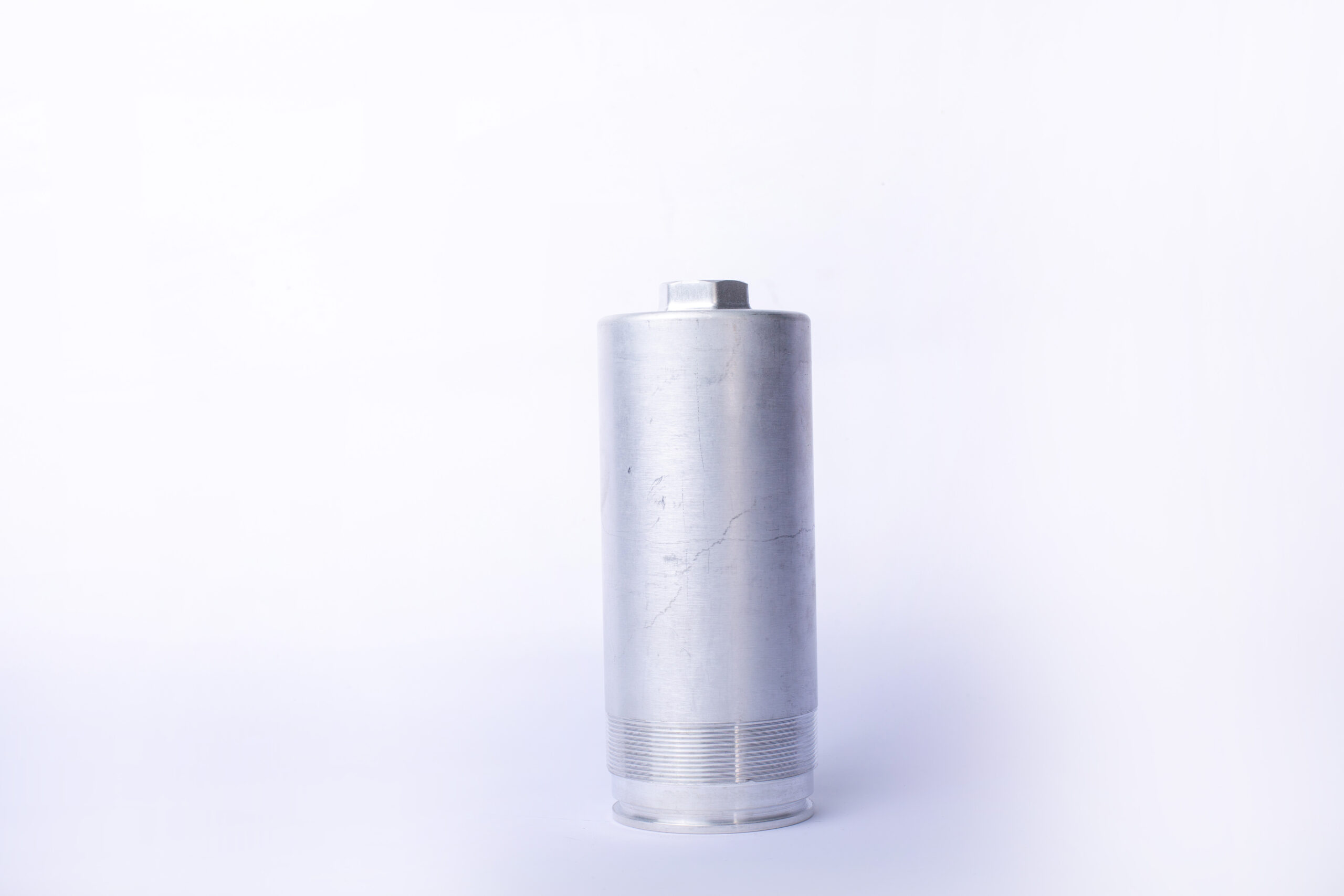
13.Can aluminum 2219 forgings be re-forged or recycled?
We have a good reputation and image in the industry. The quality and price advantage of aluminum 2219 forging products is an important factor in our hard overseas market.
Yes, aluminum forgings can be re-forged or recycled. The process of re-forging involves heating the aluminum forging to a temperature that is suitable for reshaping and then using a hammer or press to reshape it. Recycling involves melting down the aluminum forging and then casting it into a new shape.
14.What considerations should be taken into account when designing a product for aluminum 2219 forging?
As one of the top aluminum 2219 forging manufacturers in China, we take this very seriously.
1. Strength: Aluminum is a relatively soft metal, so it is important to consider the strength requirements of the product when designing for aluminum forging.
2. Heat Treatment: Aluminum is susceptible to heat treatment, so it is important to consider the desired properties of the product when designing for aluminum forging.
3. Grain Structure: Aluminum has a grain structure that can be affected by the forging process, so it is important to consider the desired grain structure of the product when designing for aluminum forging.
4. Tooling: Aluminum is a relatively soft metal, so it is important to consider the tooling requirements of the product when designing for aluminum forging.
5. Cost: Aluminum is a relatively inexpensive metal, so it is important to consider the cost of the product when designing for aluminum forging.
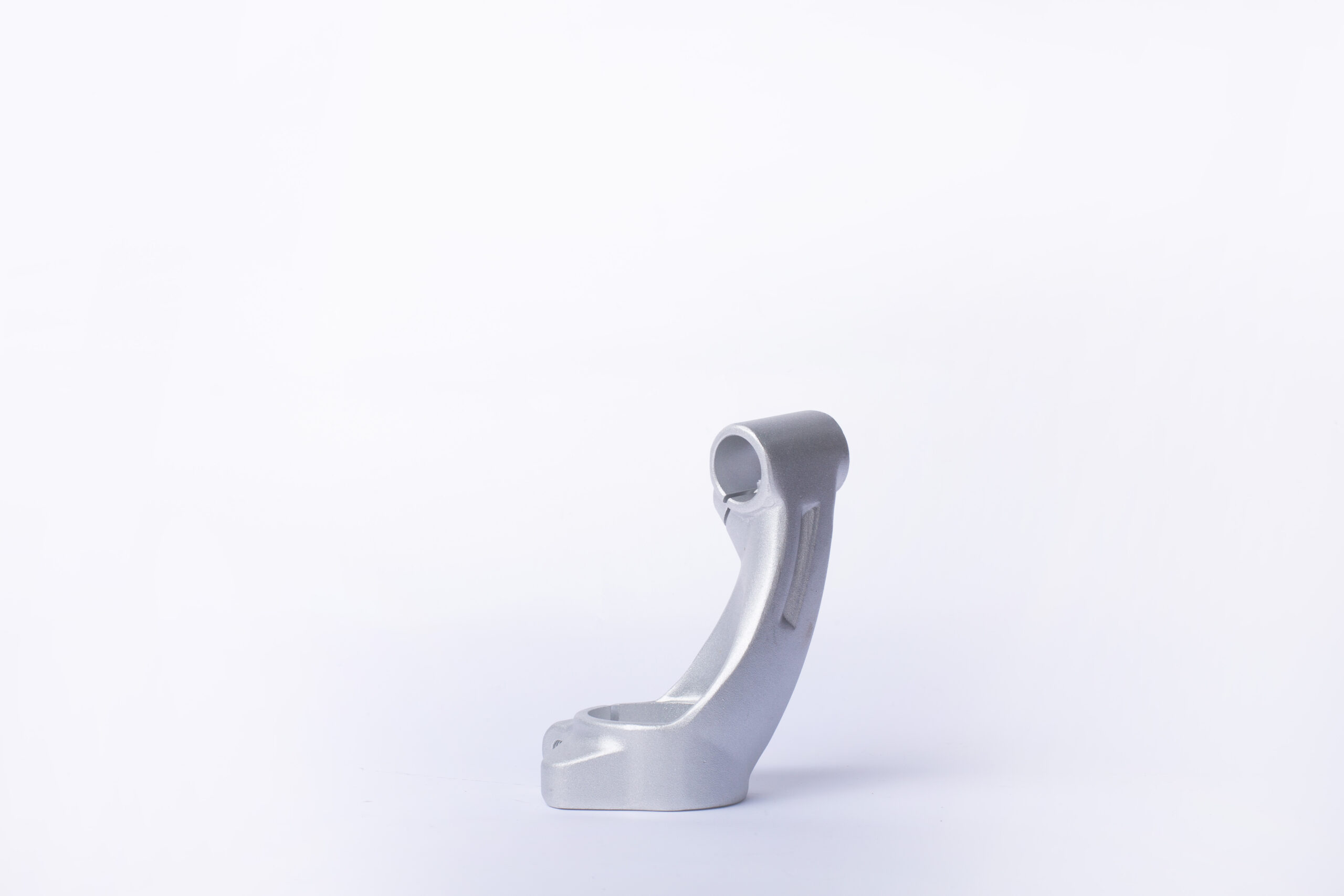
Tag:everlast forged aluminum,large aluminum forged rings,forged 6061-t6 aluminum,forged aluminum 19.5 wheels,forged aluminum is it safe
Product Inquiry
We will respond within 12 hours, please pay attention to the email “@163.com” or “@alumforge.com”.
Also, you can go to the Contact Page, which provides a more detailed form, if you have more inquiries for products or would like to obtain OEM service.
Our sales experts will respond within 24 hours, please pay attention to the email with the suffix “@163.com”.